Solaris at the Courtyard Theatre

Polish writer Stanislaw Lem can easily be rated amongst the top Science Fiction authors of his generation. He wrote compelling, abstract stories that challenged what was then on the very limit of human understanding, urging his readers to contemplate not just advanced scientific ideas but also how people might deal with alien beings. Solaris – first published in 1961 – is one of the more famous of his works. It was also re-imagined by Steven Soderbergh and James Cameron in 2002, and starred George Clooney. It concerns the experiences of a group of scientists who have set up an observation post on a largely water-based planet which they later discover to be one huge sentient being. The planet attempts to interact with the men by creating physical embodiments of their secrets and fears, beings that begin as copies of memories but gain sentience over time. As they attempt to study it, it studies them, and this provokes an interesting exploration of the human condition.
The Courtyard Theatre is a gem of a venue. It’s hidden away from the public, and if you venture inside, you’ll find two separate stage spaces and a cosy, friendly bar in which to while away the intermission.
If you’re going to see Solaris you’ll need it; at around two hours and twenty minutes, it’s a fairly long production, maybe too long for a venue that offers only folding chairs as seating. That said, it really didn’t feel at all arduous to watch.
The aim of this adaptation is to “explore the novel’s philosophical themes and the human encounter with the alien” and whilst the latter is portrayed fairly well, the former may be a bit of an exaggeration. What you do get is a fresh take on a classic story and a chance to see some science-fiction theatre, a rare occurrence these days.
The set is well-dressed and the scene changes were mostly slick and unobtrusive. The stage is not elevated so the actors can come right out to the audience, which occurred once or twice but more could have been made of this impressive feature of the space.
The real stand-out performances came from the supporting cast. John Exell excelled as Dr. Snow; manic and yet resigned to his situation, he drove the narrative with his querulous dialogue and frequent outbursts of a man right at the end of his tether. He also looked the part with a shock of wild hair and deep set, sleep-deprived eyes. Tara Godolphin also shone as Rheya, the “visitor” of protagonist Kris Kelvin, who learns of her falsified existence and rails against it with aplomb.
However, Charles Church’s performance as Kelvin alternated between brilliant and lacklustre. It was frustrating to have an actor who could portray such engaging emotion one minute, yet strut woodenly around the stage and fluff his lines the next. Nevertheless it did not detract from the overall performance, and was perhaps due to nerves rather than lack of talent.
Overall, Solaris is worth watching. There’s room for improvement, but the play is closer to the novel than its film adaptations, which would possibly get Lem’s stamp of approval if he were around to see it.
Joe Waits
Solaris is at the Courtyard Theatre until 8th December 2012. For further information or to book visit the theatre’s website here.


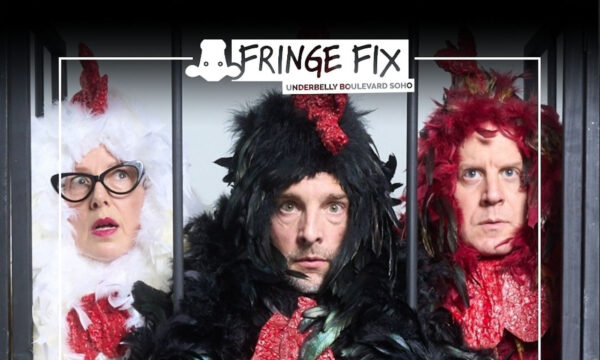

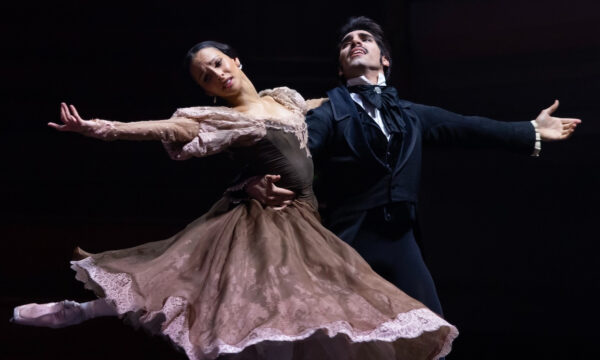

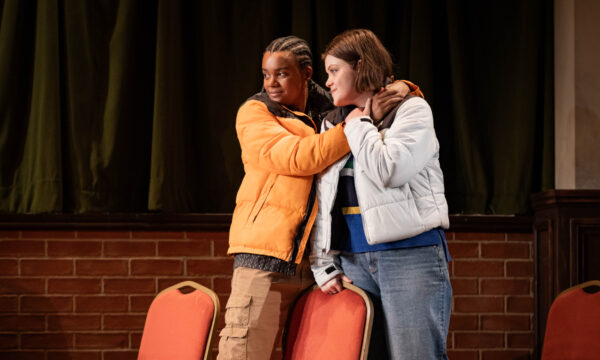
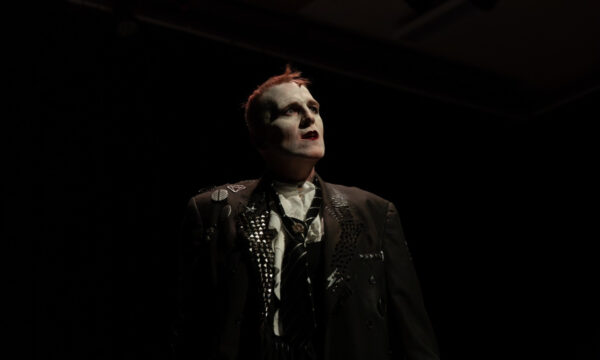
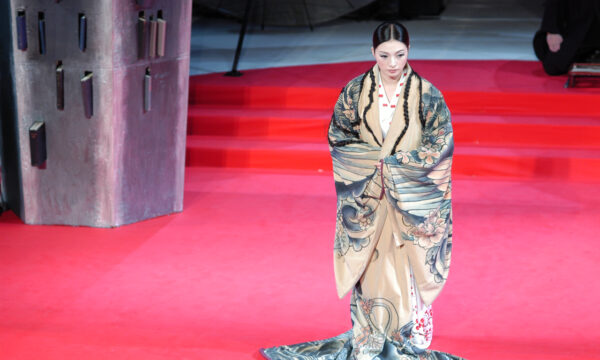
















Facebook
Twitter
Instagram
YouTube
RSS